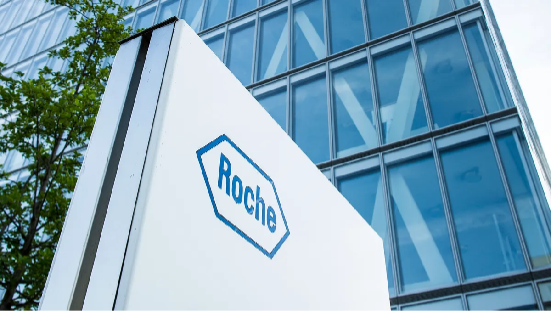Roche wins FDA approval for first molecular malaria blood donor screening test
April 1, 2024
Source: drugdu
 377
377
 Dive Brief
Dive Brief
Roche has received Food and Drug Administration approval for the first molecular test to screen U.S. blood donors for malaria, the company said Tuesday.
In 2022, the FDA recommended preventing people from giving blood for a time after they return from an area with malaria because there was no licensed test to screen donors. Other countries including Australia, England and France use antibody testing to avoid excluding potential donors.
Roche’s Cobas malaria molecular test screens whole blood samples for the five main species of parasites that cause infections. The company is pitching the test as a way to improve the safety and availability of blood.
Dive Insight
Around 2,000 people are diagnosed with the mosquito-borne disease in the U.S. each year, typically after traveling to a country where malaria transmission occurs. The potential for donors to unknowingly pass the parasite on to recipients of their donations led the FDA to recommend restrictions on the acceptance of blood from people who have had malaria or have traveled or lived in countries where it is endemic.
The current guidance advises against accepting donations from people who have traveled to areas with malaria for three months after they return to the U.S. People who have lived in countries where malaria is endemic or who have been diagnosed with the infection cannot donate blood for three years.
Officials imposed the restrictions because they lacked a licensed test to screen blood donors. At one time, the FDA recommended waiting one year before accepting donations from people who had traveled to countries where malaria is endemic. The one-year policy “resulted in a significant loss of otherwise eligible donors,” the FDA said in its 2022 guidance.
While the FDA subsequently acted to reduce the loss of eligible donors, the current policy still prevents people who are healthy from giving blood based on their travel history. In theory, a test to screen donor blood could enable more people to donate.
Roche received approval for its screening test after running a study that included a cohort of people who were unable to give blood because they had traveled to or lived in a malaria-endemic area. No infections were detected in the 159 samples. The more than 20,000 donations in the broader study of people with no known risk of malaria exposure all tested negative for malaria.
The company generated evidence that the test can detect malaria by running another study in a part of Nigeria where the parasite is endemic. The test delivered positive results in 77 of the 199 asymptomatic participants in the trial. An alternate nucleic acid test reported 83 positive results. Roche was unable to determine whether the samples with discordant results were positive or negative.
Source:
https://www.medtechdive.com/news/roche-fda-approval-first-malaria-blood-donor-test/711593/
Read more on
- Gusekirumab Injection Accepted by CDE, Multiple Pipelines Advancing Simultaneously March 4, 2026
- Yifan Pharmaceutical’s teriparatide injection has been accepted by the CDE (Center for Drug Evaluation), adding a new domestic player to the osteoporosis treatment field March 4, 2026
- //news.yaozh.com/archive/47318.html PD-1 sales surge March 4, 2026
- A major breakthrough! Roche’s oral BTK inhibitor achieves its third Phase III clinical trial victory, a game-changer in the multi-billion dollar MS (manufactured pharmaceuticals) market. March 4, 2026
- GB19 Injection Approved for Clinical Trials of Cutaneous Lupus Erythematosus March 4, 2026
your submission has already been received.
OK
Subscribe
Please enter a valid Email address!
Submit
The most relevant industry news & insight will be sent to you every two weeks.



